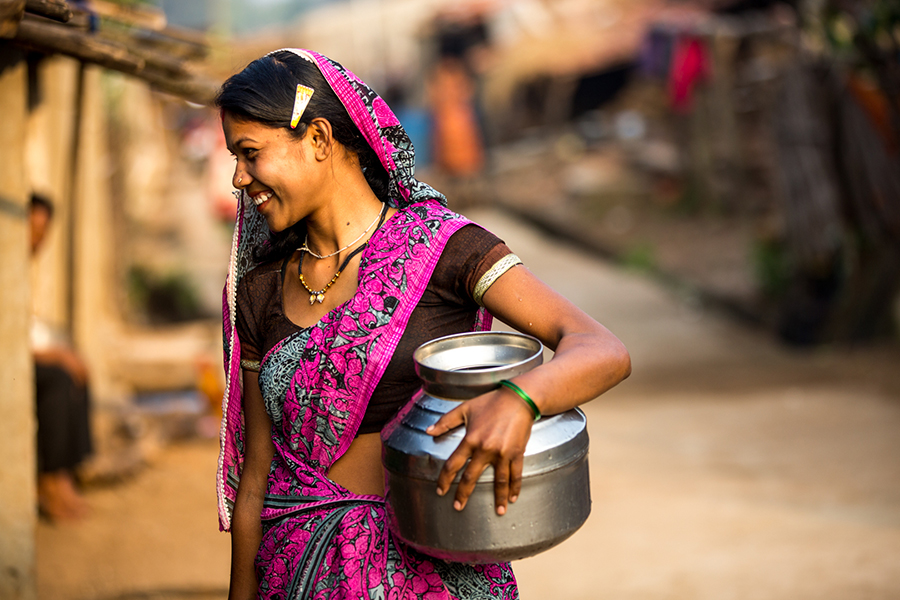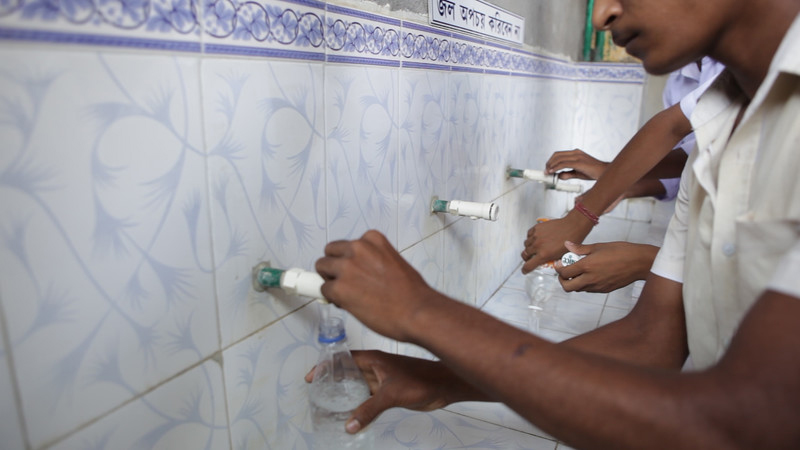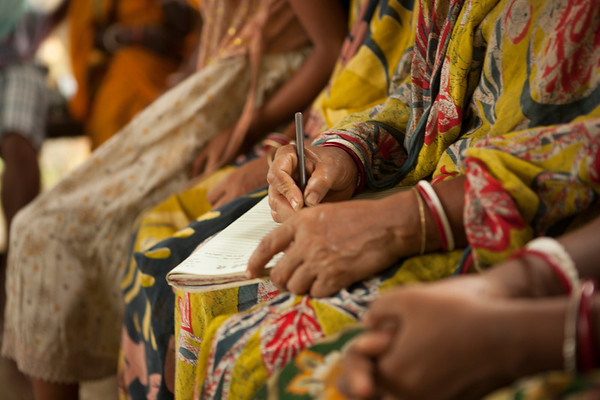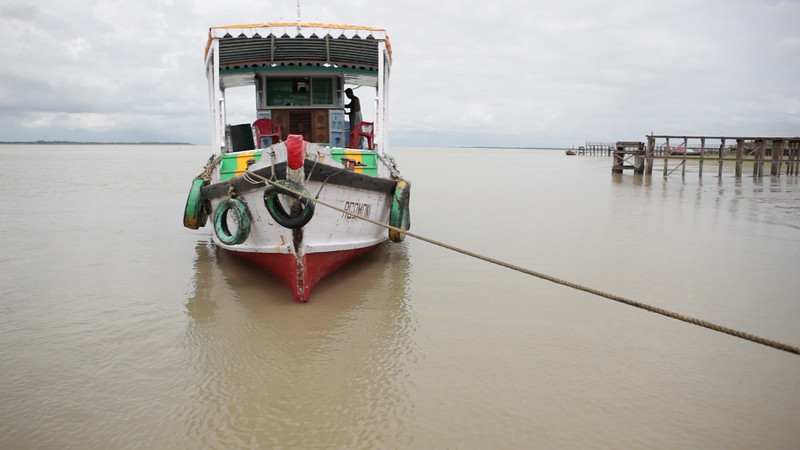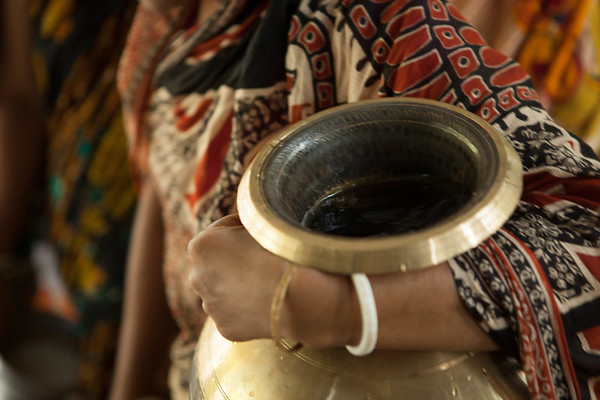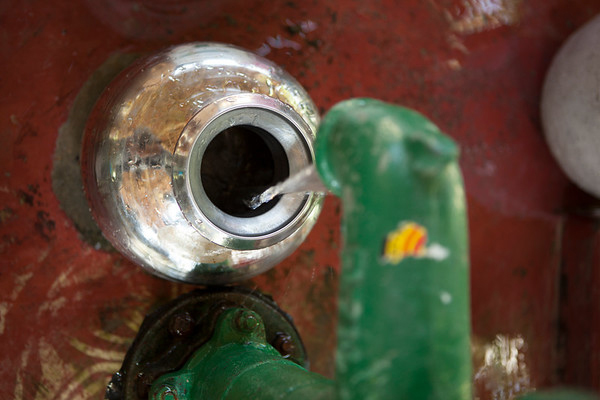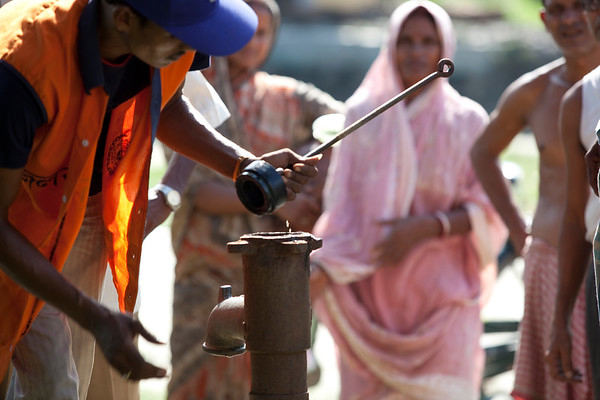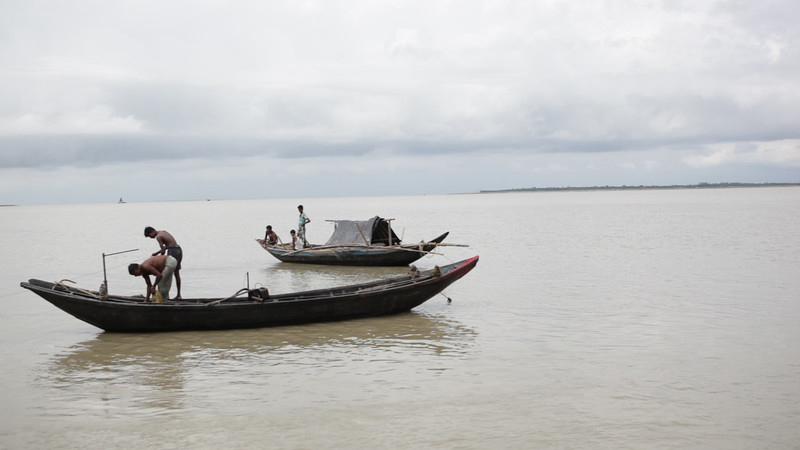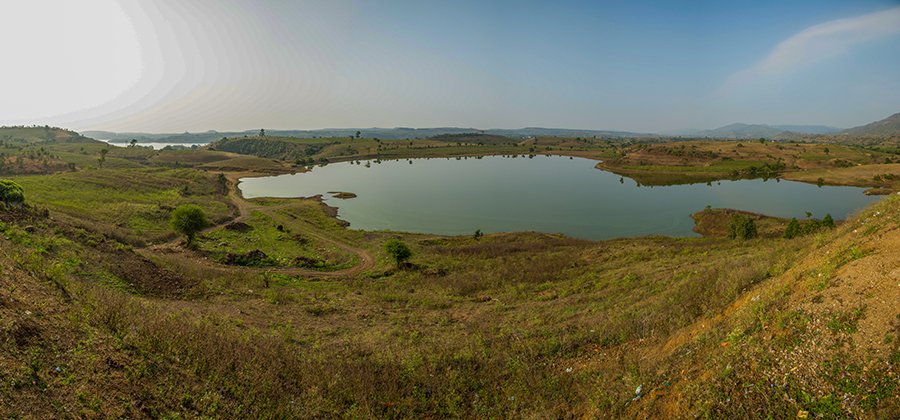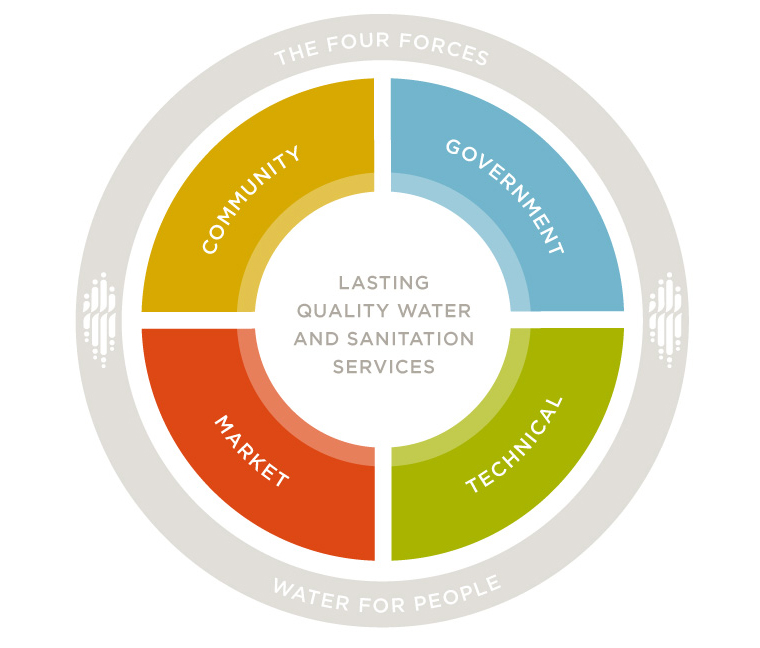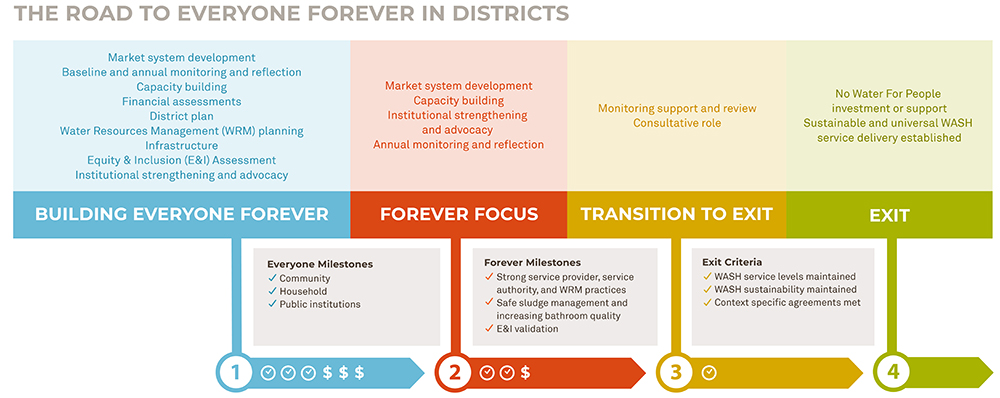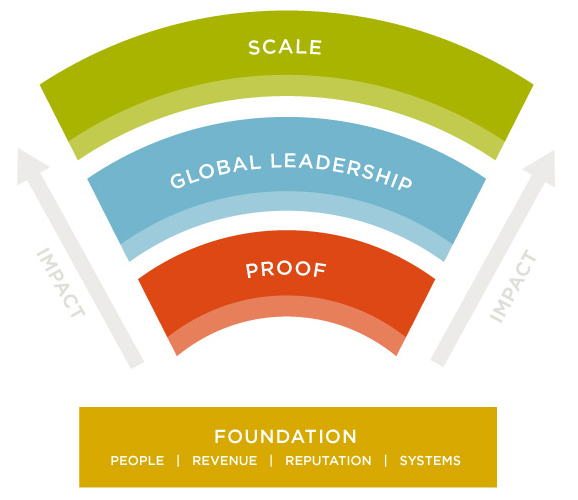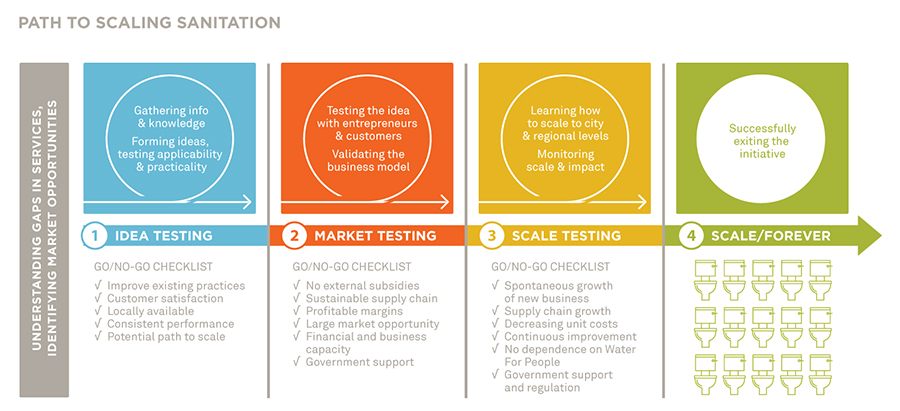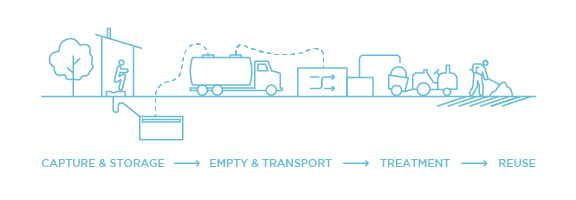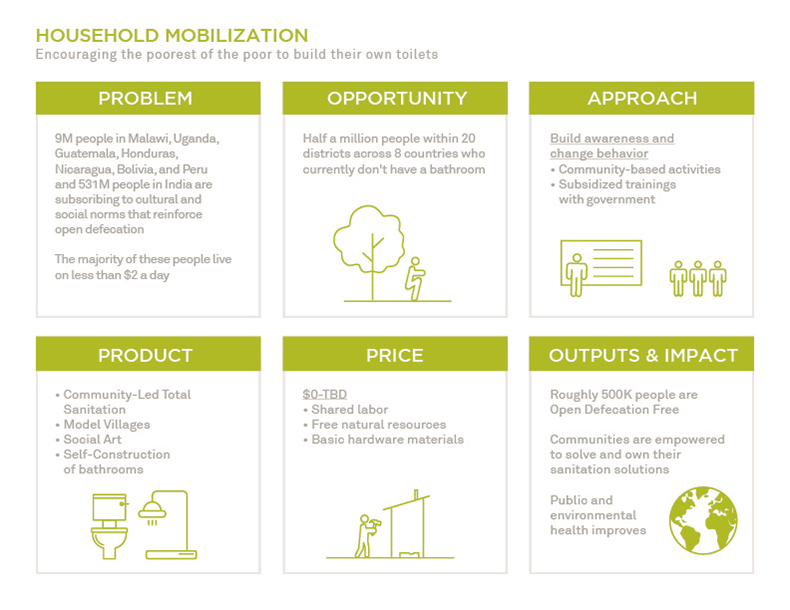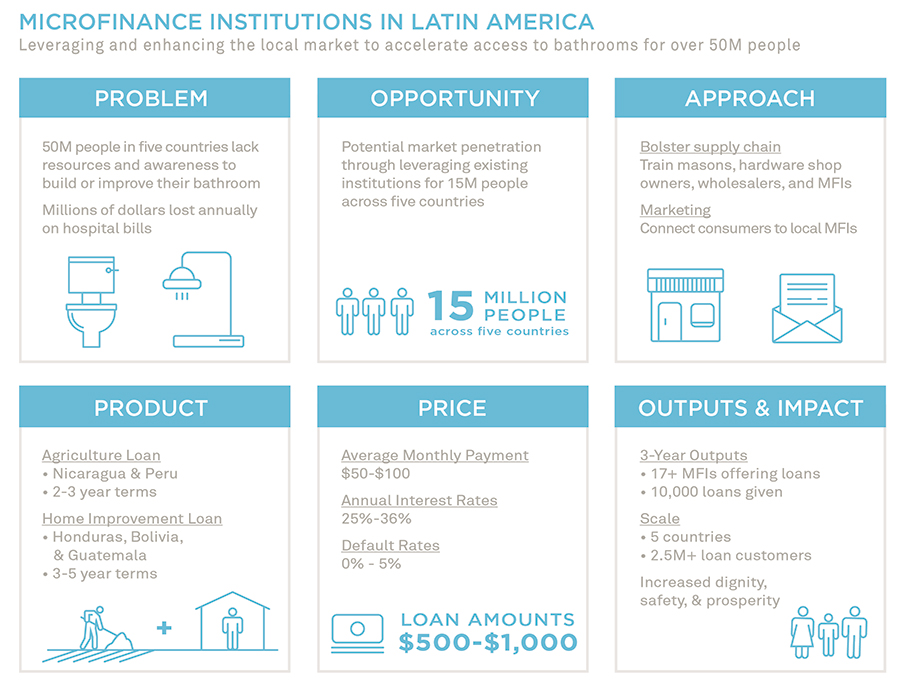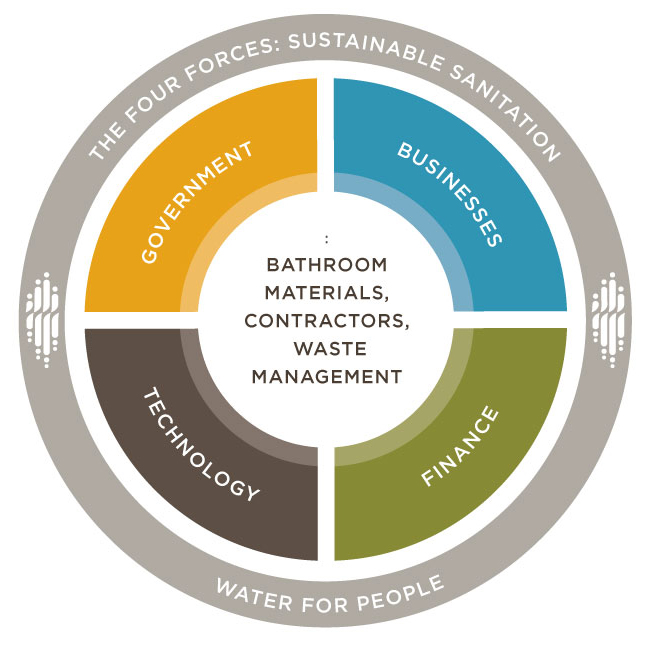Sheer determination and cooperation led to the creation of adequate school WASH facilities, improvedpersonal hygiene and attendance.
Rajkiya Madhya Vidyalaya is a school in Bansi Pachara Village of Sonbarsa Gram Panchayat, Tariyani Block in Sheohar District of Bihar. It dates back to 1890. In 2017, the school turned 127 years old.
Unfortunately, the school always suffered from sanitation and hygiene-related issues. Students defecated in the open, female students and teachers had no option left than taking leave or early departure during menstruation or when in need of a toilet. The girls also suffered from hygiene related illnesses.
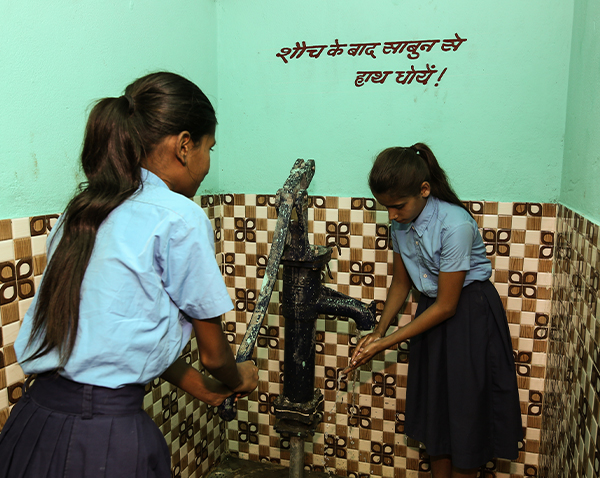
“It was good thinking that we could provide water and sanitation facilities to our children,” recalls Sanjay Singh, the Headmaster of the school, who was instrumental in getting the facilities. “Earlier we had only one toilet for both boys and girls, which was highly inadequate.” No disputing that: in 2017, there were 500 children in the school and 12 teachers.
Mr. Singh continues, “In 2013 we visited the neighbouring school, Bishanpur Fakira, and saw the sanitary complex constructed by Water For People – India with good water and sanitation facilities. We then contacted the NGO instrumental for this and requested they support us as well. In keeping with the co-financing principle, we suggested the conversion of the spare room in our school into toilets.
Even though the room was used to store junk, the villagers objected, stating, “Where will the students go?” We then organized a School Education Committee meeting and explained the proposition to the parents who immediately agreed. In addition to providing the room, the school contributed Rs. 16,000 (US$250) for construction.
The school now has five toilet stalls for girls and one changing room. For the boys, there are three latrines and three urinals. The infrastructure was ready by early 2015, but was not used as expected. As the school had no boundary wall, the villagers would enter the school campus, use the toilet and water point and dirty it. The school authorities discussed this with the villagers and a solution was found.
The villagers could use one of the water points but only after school hours. All this led to increased collaboration between the villagers and the school administration. Villagers now keep a watch on people from other villages and stop them from dirtying the facilities. Villagers have now been motivated to send their children regularly to school. “There is a marked difference for us,” informs Nutan Kumari, the Hindi and English teacher.
“Earlier we would drink less water and were thus prone to infection. While the girls tried to use the existing facilities, the boys would go out. This is no longer the case.” NGO staff trained school children and teachers on the importance and means to maintain personal hygiene. Children learned about proper usage of toilets, brushing of teeth, cutting of nails, bathing, wearing clean uniforms and other hygiene practices for a healthy life.
The school’s Water and Sanitation Committee is made up of four girls and four boys, who are responsible for the upkeep of the WASH infrastructure and the personal hygiene of the students. “We hold classes for girls to explain healthy menstrual hygiene practices. There are napkins available in the changing room and a disposal system,” they shared.
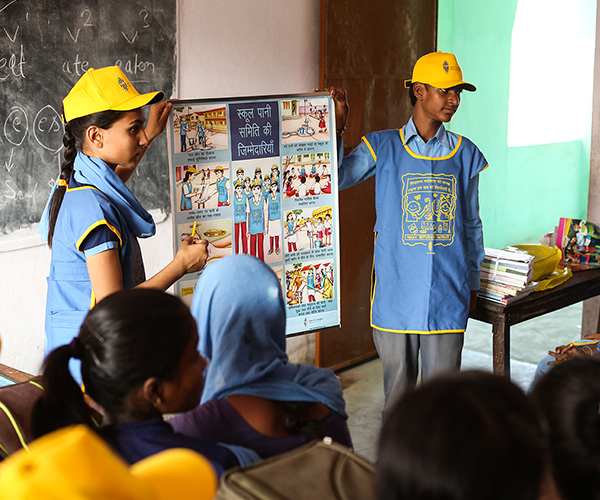
This Committee is also trained on operations and maintenance issues of the WASH infrastructure. The school has been linked to a Nirmal Bandhu, a local cleaner, who takes care of the cleanliness of the toilets.
He shared that every month, all the 12 teachers contribute their own money to cover the expenses of his cleaning services and the cost of cleaning supplies. He is paid Rs. 450 per month.
The Committee is leaving no stone unturned to instill hygienic practices amongst the students. During the morning assembly, members of the committee check uniforms, nails and hair. After assembly, they go to each class in groups of 2-3 to conduct five-minute sessions on hygiene. Their efforts have reaped dividends, as now, almost every student comes to school in clean uniforms, with nails cut and hair combed.
According to the school records, after the implementation of the program the overall attendance has increased from 60% to 75%. The increase has been more marked in the case of girls: up to 25%, from 55% to 80%. Early departure numbers of students have declined and the numbers of female teachers leaving school during menstruation has also gone down.
In August 2015, when the Sarva Siksha Abhiyan, the school submitted its nomination for the “Nirmal Vidyalaya Puraskar” award for Sheohar and won it! This annual award is given to one school, which fulfills the criteria of being best in cleanliness, attendance, education, infrastructure, and overall management.
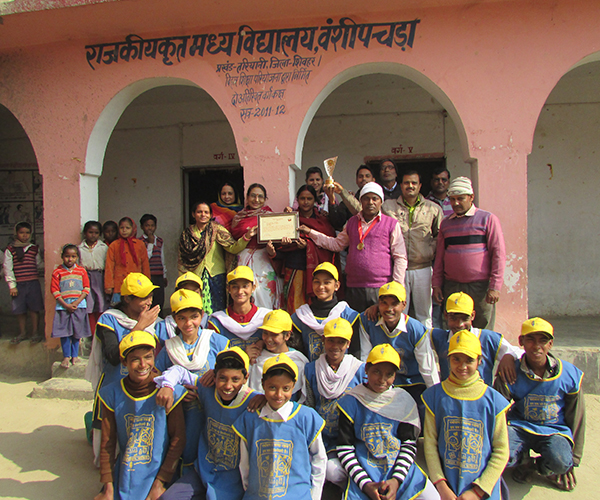
“I have no words to express my happiness of being awarded with the prestigious ‘Nirmal Vidyalaya Puraskar’ for being the best school, among the 500 plus schools of the whole Sheohar District,” says Mr. Sriram Prasad Gupta, the current Headmaster. The school faculty and students credited Water For People – India for this award. According to them the efforts of Water For People – India were instrumental in providing WASH infrastructure and improving personal hygiene.
For seventh grader Rupali Kumari, the journey has only just begun. “I will not rest until my school becomes the best school in the state and the country,” she says with determination










